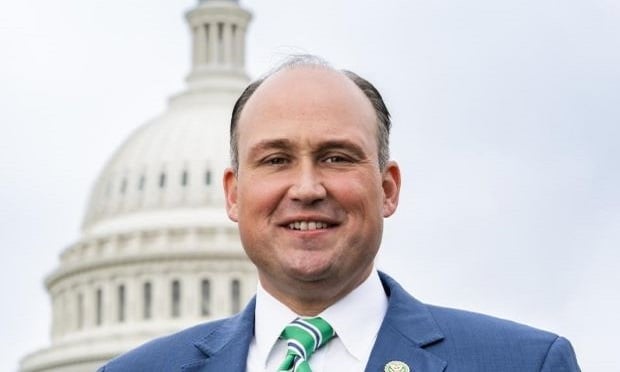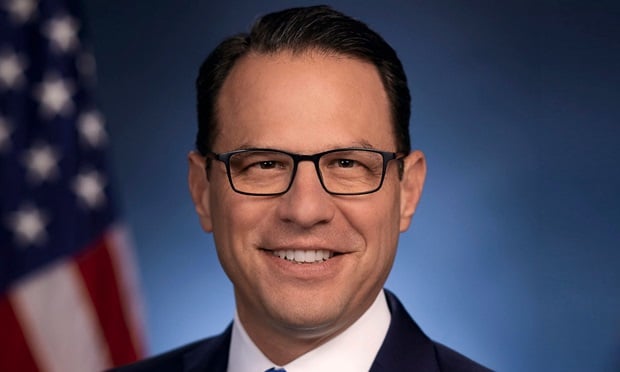It's not all about saving more.
According to a recent study from the National Bureau of Economic Research, 59 percent of respondents regret not saving more toward retirement.
Not surprising, you may say, and you'd be right. But what might surprise you is that whether they have regrets or not, the biggest obstacle to saving enough for retirement is actually having suffered one or more major life setbacks, something that they may have little or no control over.
Continue Reading for Free
Register and gain access to:
- Breaking benefits news and analysis, on-site and via our newsletters and custom alerts
- Educational webcasts, white papers, and ebooks from industry thought leaders
- Critical converage of the property casualty insurance and financial advisory markets on our other ALM sites, PropertyCasualty360 and ThinkAdvisor
Already have an account? Sign In Now
© 2024 ALM Global, LLC, All Rights Reserved. Request academic re-use from www.copyright.com. All other uses, submit a request to [email protected]. For more information visit Asset & Logo Licensing.








